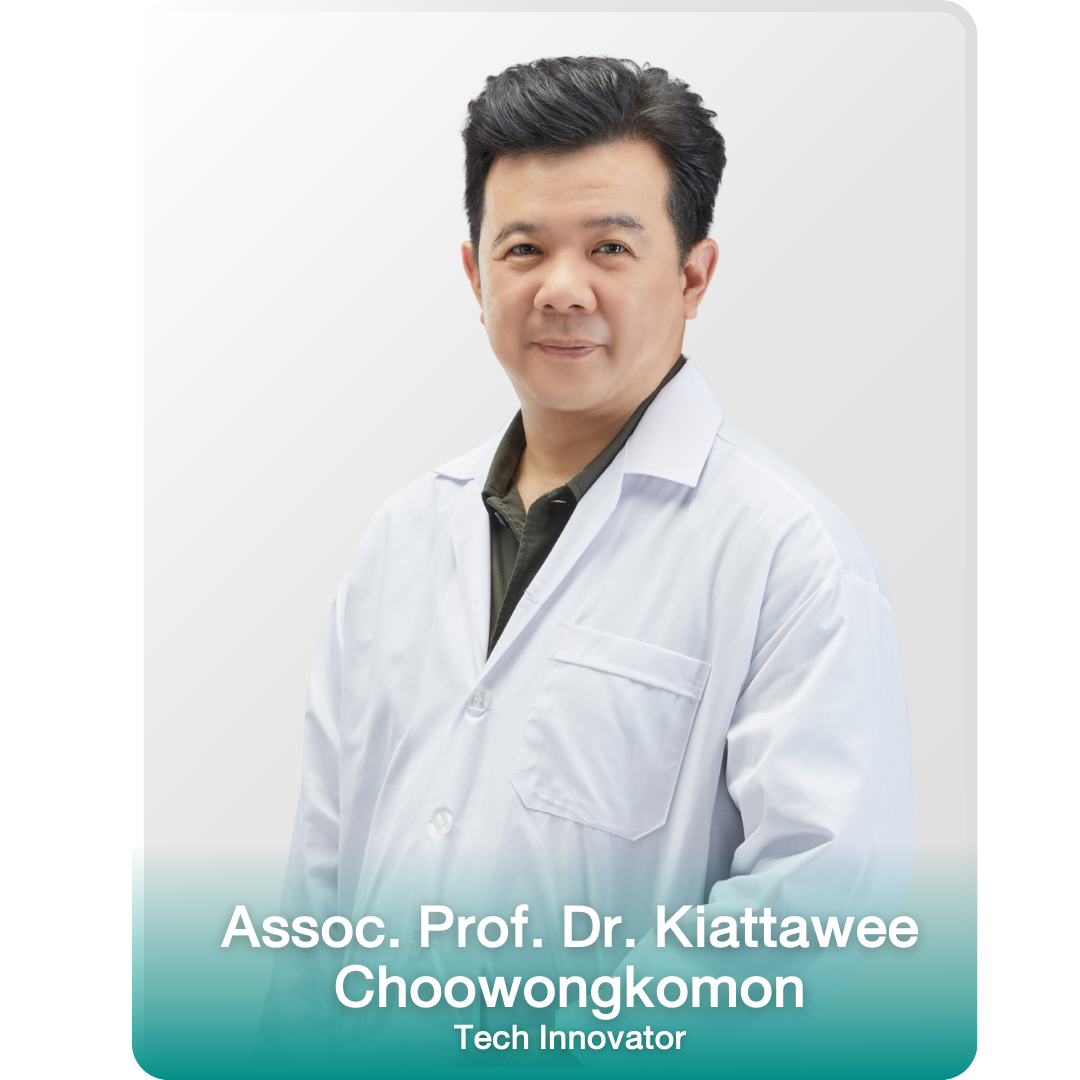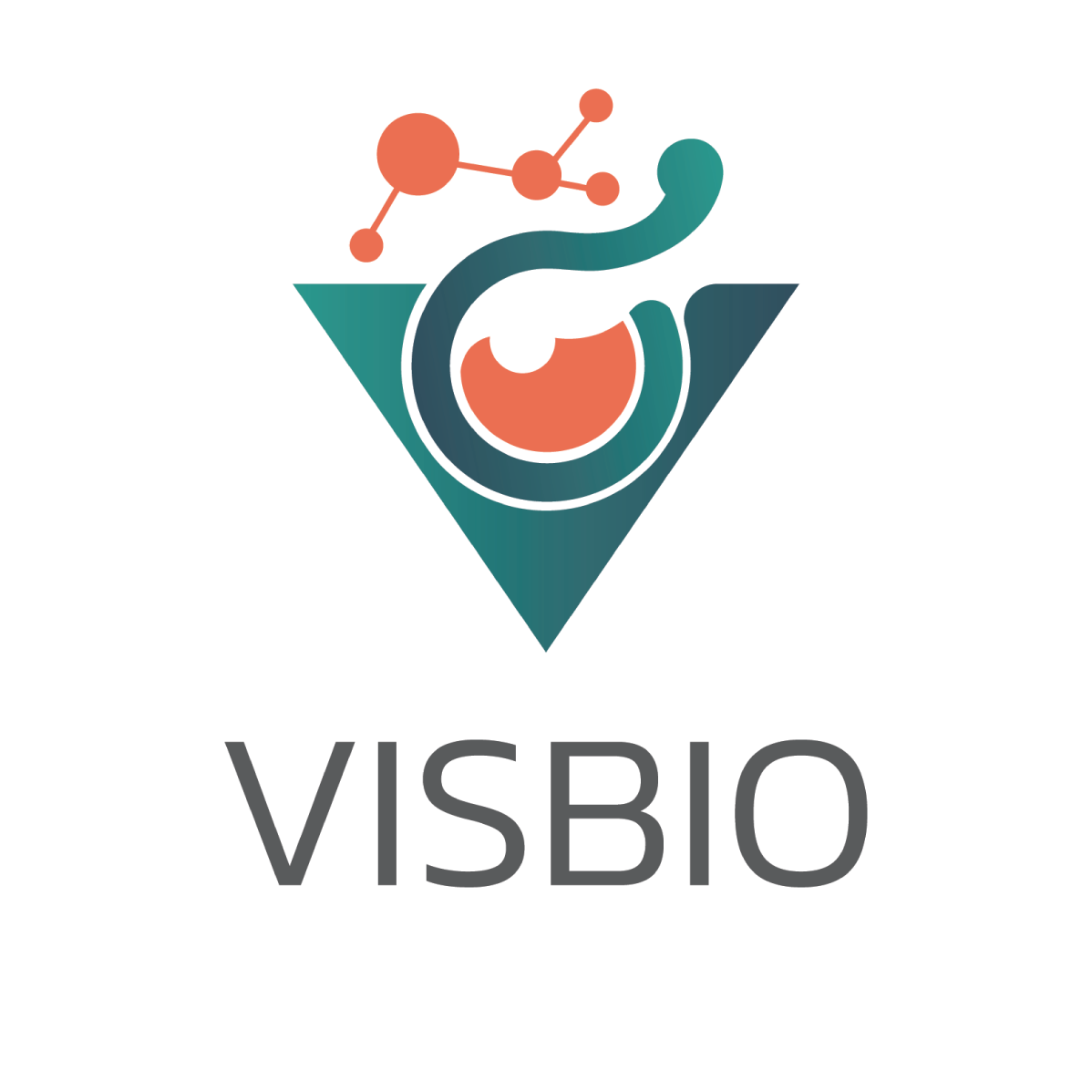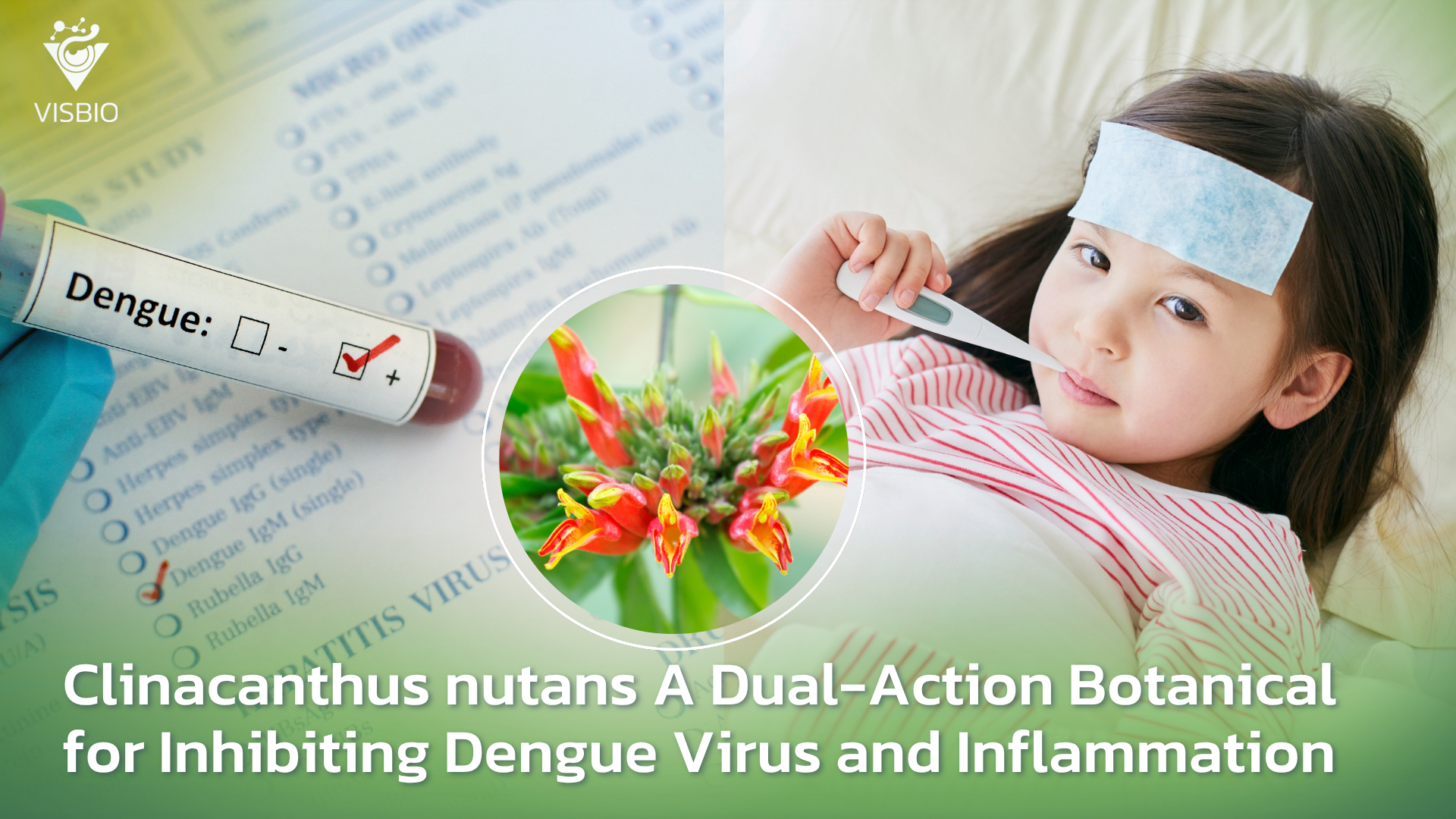Dengue virus (DENV) infection has become a significant global public health problem with no specific treatment currently available. The infection can range from mild symptoms to life-threatening dengue hemorrhagic fever (DHF) and dengue shock syndrome (DSS). The severity of dengue is often caused by an excessive immune response, leading to a “cytokine storm” that causes systemic inflammation, particularly in the liver. Therefore, an effective treatment must not only inhibit the virus but also control this severe inflammation. The herb Clinacanthus nutans, or “Phaya Yo,” which is listed in Thailand’s National List of Essential Medicines, has garnered significant interest as a source of potent bioactive compounds.
Recent research co-authored by Associate Professor Dr. Kiettisan Ochareon has delved into the antiviral and anti-inflammatory properties of Clinacanthus nutans. This study, published in the journal Antibiotics, demonstrated the remarkable potential of the Phaya Yo extract in inhibiting dengue virus infection in human liver cells. The findings revealed an interesting dual-action mechanism: it not only directly interferes with the virus but also significantly reduces virus-induced inflammation. This discovery opens a new frontier for the development of natural dietary supplements and medicines that can comprehensively combat dengue fever.
The Challenge of Dengue Virus and Liver Inflammation
Dengue virus (DENV) is a global public health threat, with approximately 70% of all cases worldwide occurring in Asia. The virus has four serotypes (DENV-1, -2, -3, -4) and is spread by Aedes mosquitoes. Although a dengue vaccine is available, it does not provide complete protection against all serotypes and is not yet approved for widespread use, making the search for anti-dengue agents critically important.
One of the primary targets of the dengue virus is liver cells (hepatocytes). Inflammation of liver tissue is common in patients with severe symptoms and is associated with the accumulation of pro- and anti-inflammatory cytokines. Infection in liver cells triggers an innate immune response and increases the expression of inflammation-related genes such as IL-6, IL-8, and RANTES. This uncontrolled response can lead to a “cytokine storm,” a major cause of dengue pathology. Thus, the most promising treatments must not only control viral replication but also mitigate severe symptoms like massive cytokine production and liver inflammation. Clinacanthus nutans, well-known for its antiviral and anti-inflammatory properties in traditional medicine, has become a focus of research in this context.
Investigating the Antiviral Properties of Clinacanthus nutans
To evaluate the potential of Phaya Yo extract in combating the dengue virus, the research team conducted systematic experiments on Huh7 liver cancer cells. First, they assessed the extract’s toxicity and found it to be highly safe, with a CC50 (concentration that causes 50% cell death) as high as 632.4 µg/mL. They then tested its antiviral activity using non-toxic concentrations of the extract (31.25 to 250 µg/mL) at three different stages of infection:
- Before-infection: The extract was administered to the cells before introducing the virus.
- Co-infection: The extract and the virus were administered to the cells simultaneously.
- Post-infection: The extract was administered to the cells after they were infected with the virus.
The results showed that the Clinacanthus nutans extract could inhibit dengue infection in all three conditions in a concentration-dependent manner. Most notably, administering the extract during infection (co-infection) was the most effective at inhibiting the virus. At a concentration of 125 µg/mL, the extract completely protected Huh7 cells from infection. Even at the lowest concentration (31.25 µg/mL), the extract still reduced the viral antigen level to just 22.87%. These results clearly indicate that the Phaya Yo extract is most effective at inhibiting the dengue virus during the early stages of infection.
Early-Stage Antiviral Mechanism of Action of Clinacanthus nutans
Given that the Clinacanthus nutans extract was most effective during co-infection, the researchers hypothesized that it might affect the very first steps of infection. To test this, they conducted experiments to see if the extract affected the virus’s ability to attach to host cells and its RNA replication.
The results confirmed that incubating the virus with the extract before infecting the cells significantly reduced the virus’s ability to attach to host cells in a concentration-dependent manner. At a concentration of 250 µg/mL, the extract reduced viral attachment by a factor of 0.42. This suggests that the extract may have a direct effect on the virus particles, reducing their infectivity.
Furthermore, the experiments showed that the extract also had a post-entry effect. When the extract was given to cells immediately after the virus entered (0 hours), it showed maximum inhibition, reducing the infection to just 18.69%. However, when the extract was administered later (at 2 and 4 hours post-infection), its effectiveness decreased. This result suggests that the extract may inhibit the initial processes that occur after the virus enters the cell, such as protein translation or viral RNA synthesis. In summary, the Phaya Yo extract exhibits anti-dengue activity through multiple mechanisms, including interfering with viral attachment to cells and inhibiting the early stages of viral replication.
Anti-inflammatory Action and Cytokine Storm Suppression
Beyond its direct antiviral effects, the most remarkable property of the Clinacanthus nutans extract is its ability to control the severe inflammatory response that causes severe dengue symptoms. Dengue infection in Huh7 liver cells dramatically increases the expression of inflammation-related genes. For example, at 48 hours post-infection, the expression of the CXCL10 and TNF-α genes increased by 47.14-fold and 26.43-fold, respectively.
Impressively, treatment with the Phaya Yo extract dramatically suppressed this inflammation. At a concentration of 62.5 µg/mL, the extract reduced the expression of CXCL10, TNF-α, IL-8, and IL-6 genes to just 8.77, 3.78, 1.59, and 1.11-fold, respectively. The extract also reduced the expression of the COX-2 enzyme, a key mediator in the inflammatory pathway.
To understand the mechanism behind this anti-inflammatory action, the researchers investigated the extract’s effect on the NF-κB signaling pathway. NF-κB is a master transcription factor that controls numerous inflammation-related genes. Dengue infection activates NF-κB, as seen by its translocation into the cell nucleus. The experimental results showed that the Phaya Yo extract clearly inhibited the translocation of NF-κB into the nucleus and also reduced the levels of the NF-κB p65 protein and its phosphorylated (active) form. This discovery indicates that the anti-inflammatory effect of the Phaya Yo extract is primarily mediated by the inhibition of the NF-κB signaling pathway.
Gallic Acid: A Key Bioactive Compound
To identify the compounds potentially responsible for these biological activities, the team analyzed the chemical profile of the Phaya Yo extract. HPLC analysis confirmed that Gallic acid is one of the major compounds found in the extract. Gallic acid is already known to have anti-dengue properties in other research.
Further experiments confirmed that pure Gallic acid can inhibit dengue infection, particularly in the post- and co-infection stages. Molecular docking simulations also showed that Gallic acid can bind to key viral proteins, such as envelope proteins and the NS3 protease. This suggests that Gallic acid may be one of the key bioactive compounds in the Phaya Yo extract responsible for its antiviral properties. However, the researchers note that using the whole extract may be more beneficial than using a single compound due to the synergistic effects of the various compounds in the extract.
Partner with VISBIO to Pioneer Natural Antiviral Innovations
This research is a testament to the immense potential of Thai herbs as a source for the next generation of bioactive compounds. Clinacanthus nutans extract has demonstrated a compelling dual-action mechanism that is not only promising for dengue treatment but also for the development of dietary supplements to support immunity and reduce inflammation.
For companies in the pharmaceutical, dietary supplement, and consumer health sectors, this scientific validation of Phaya Yo as a potent antiviral and anti-inflammatory agent is a direct gateway to innovation and market leadership. VISBIO specializes in bridging the gap between groundbreaking academic discoveries and market-ready products. We invite companies to partner with us to explore the vast commercial opportunities this technology offers. Contact us today for a free consultation to learn how you can leverage this cutting-edge research.

About the Author:
Associate Professor Dr. Kiattawee Choowongkomon is a leading expert in biochemistry and proteomics, specializing in the development of bioactive compounds for therapeutic applications. His research bridges traditional medicinal knowledge with modern scientific innovation, creating impactful health solutions.


